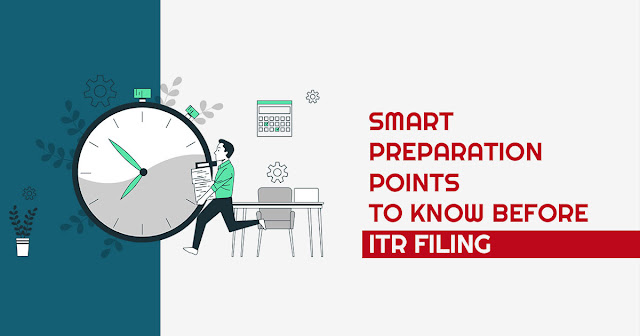The last date to submit the ITR for the fiscal year 2021-22 and the assessment year 2022-23 is July 31. The majority of the assessee is in the process of furnishing the income tax returns. The tax returns must be furnished as soon as possible for preventing last-minute hardship.
The income tax department used to furnish the pre-filled ITR form for supporting the salaries persons to pay their returns with preventing the hardship the assessee also maintain all the needed documents handy and cross-check every field in the pre-filled forms.
Every person who files the income tax returns for the first time must maintain the below-mentioned steps:
Select the Correct ITR Form
For the precise filing choose the applicable form relying on your residential status and the incurred income via distinct sources. The return would not be processed when furnished via the wrong form and the tax department might provide you with a defective return notice.
Latest Tax Regime vs Old Tax Regime
For the business owners the tax regime once chosen shall not get amended. But for the individuals posing the income from the salary, house, and property could amend their tax regime every year.
The new optional tax regime, including revised tax slabs and rates, was presented via Income Tax Department, by the Finance Act 2020. But, those opting for the new regime will have to withhold exemptions and deductions.
Pre-filled ITR Forms
It consists of personal information,salary, dividend income, interest income, capital gains, and others. But when the details are not true then it would be advisable to go to the bank or payor of the income so that the precise information would be shown.
Verifying Prepaid Taxes Including Tax Deducted at Source
The same would be important to validate the prepaid taxes along with the tax deducted at sources (TDS), advance tax, and self-assessment tax. If there is any discrepancy it must be reported to the employer for the salary income excluding the payors (for the additional income) and the banks (for the advance tax self-assessment tax payments).
Payment of Balance Taxes
Post to finding out the total taxable income, subject rates must be applied to compute the total tax liability. Any taxes left on the tax return post to claim the credit of prepaid taxes must be furnished, along with the applicable interest if any prior to furnishing the tax return.
Need of Disclosure
The assets along with the financial investments that must be shown are the particular information of all the Indian bank accounts, mentioned information of the unlisted equity shares, and the directorship information held in Indian or foreign companies.
Balance taxes payment: Calculate the tax liability in advance and do the needed tax payment within the mentioned date. The same would support you to prevent the interest levy subjected to the late tax payments.
Exempt Income Reporting
The report of agriculture income, an exempt income of a minor, income not imposed to tax according to the double taxation avoidance agreement, and others must be given.
Employment Change
If the assessee files the requisite income along with the salary information via his former employer to his current firm the latter would provide a consolidated Form 16 and 12BA, on the ground of which the income tax return could be submitted.
On Missing the Income-tax Return Filing Deadline
In this case, the assessee might suffer the action beneath the income tax act. The same comprises one or a combined levy of late fee filing, payment of interest on balance tax liability, ineligibility to carry forward some losses, and others.


Comments
Post a Comment